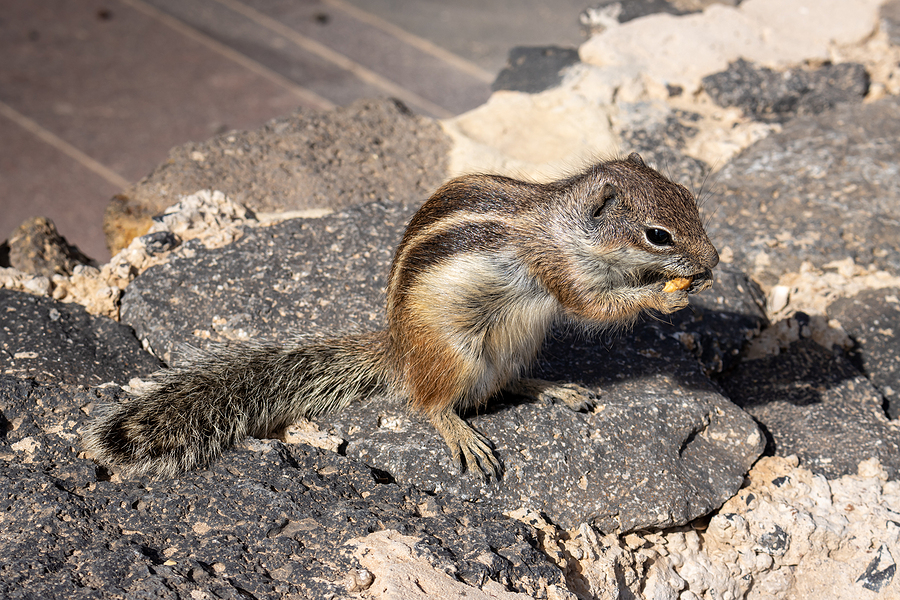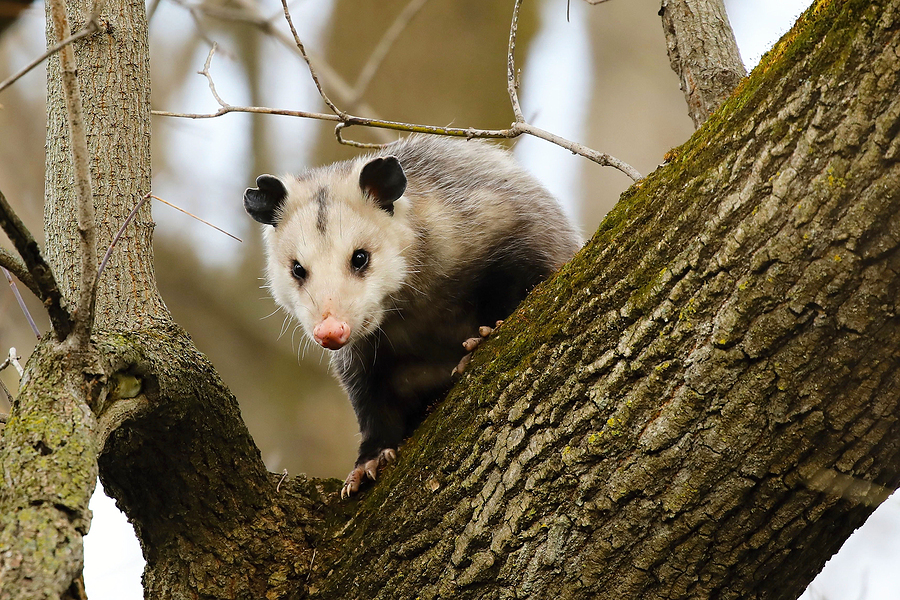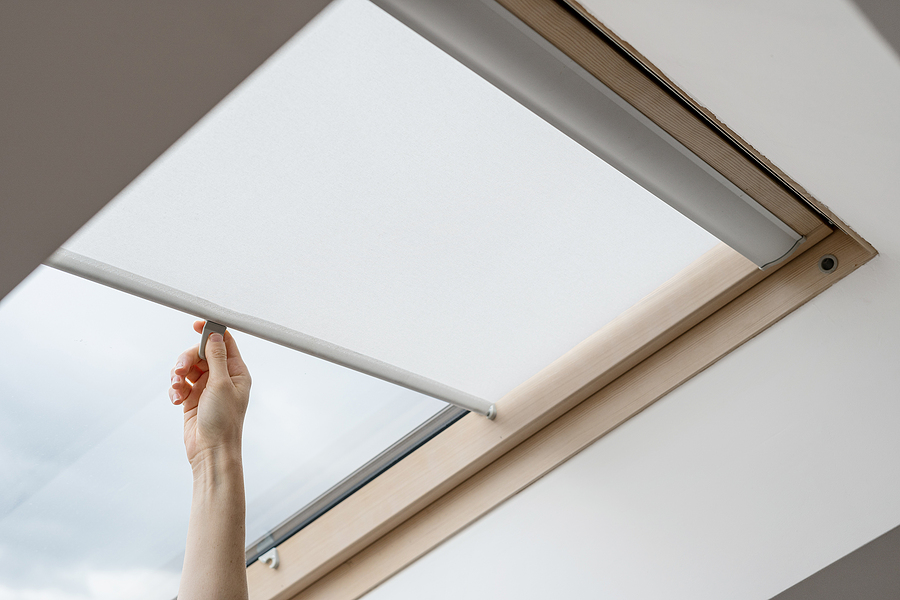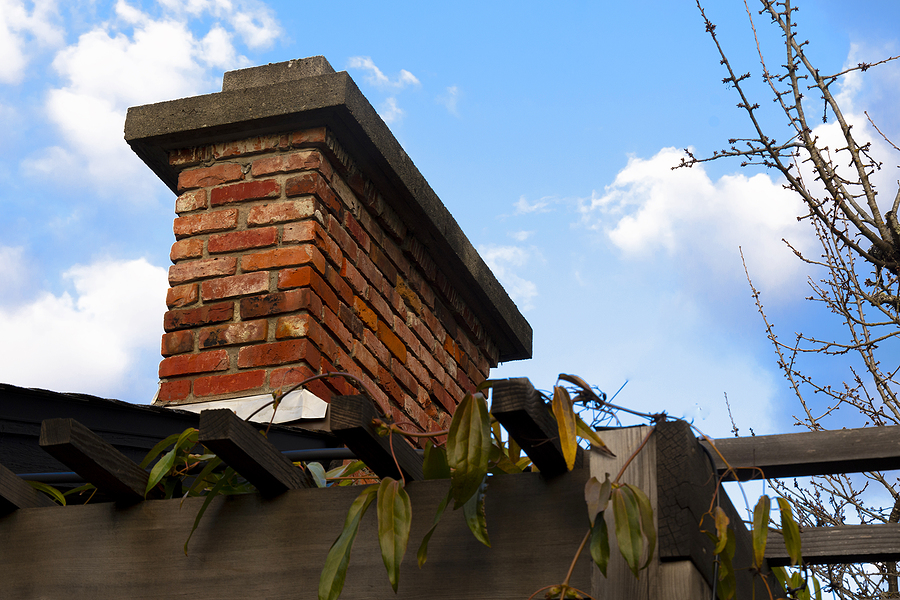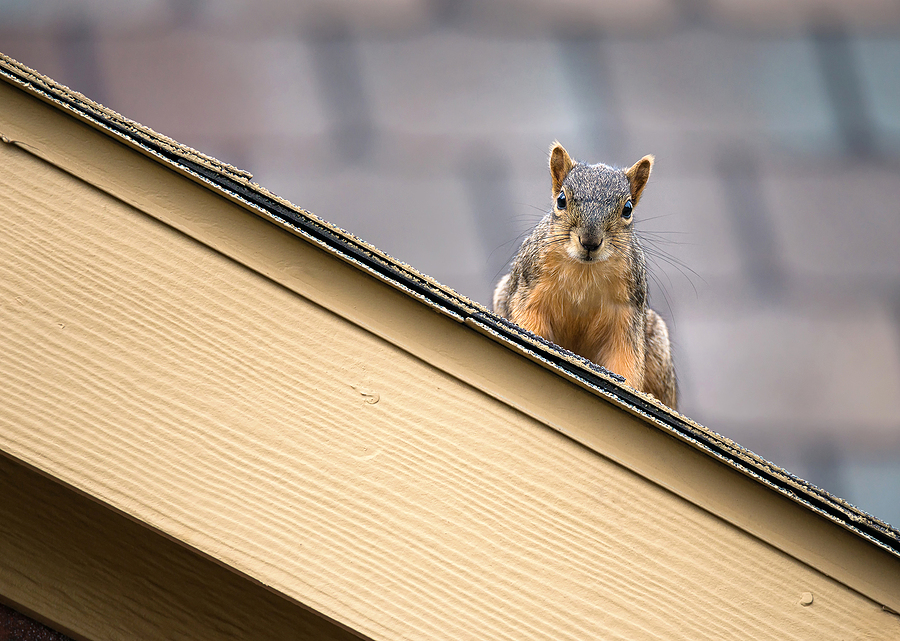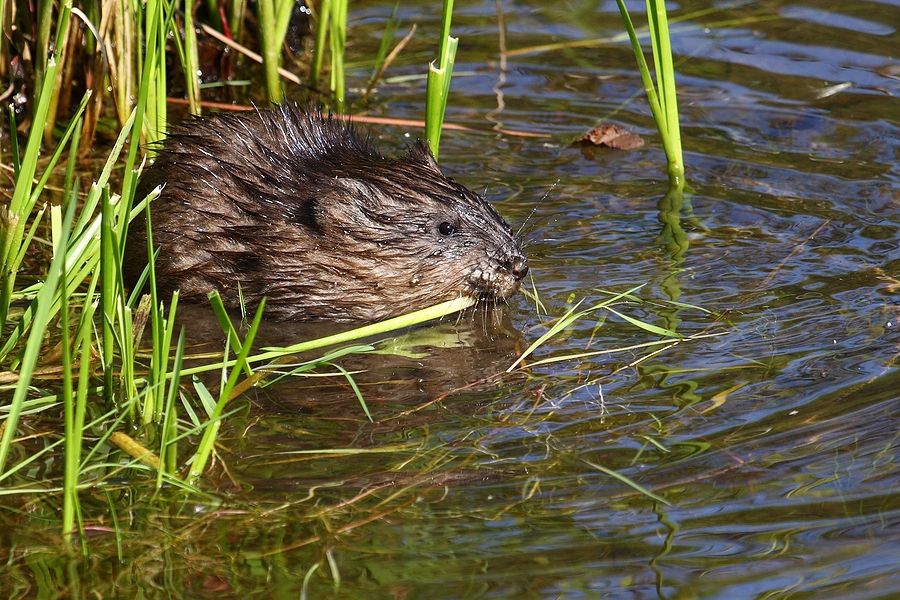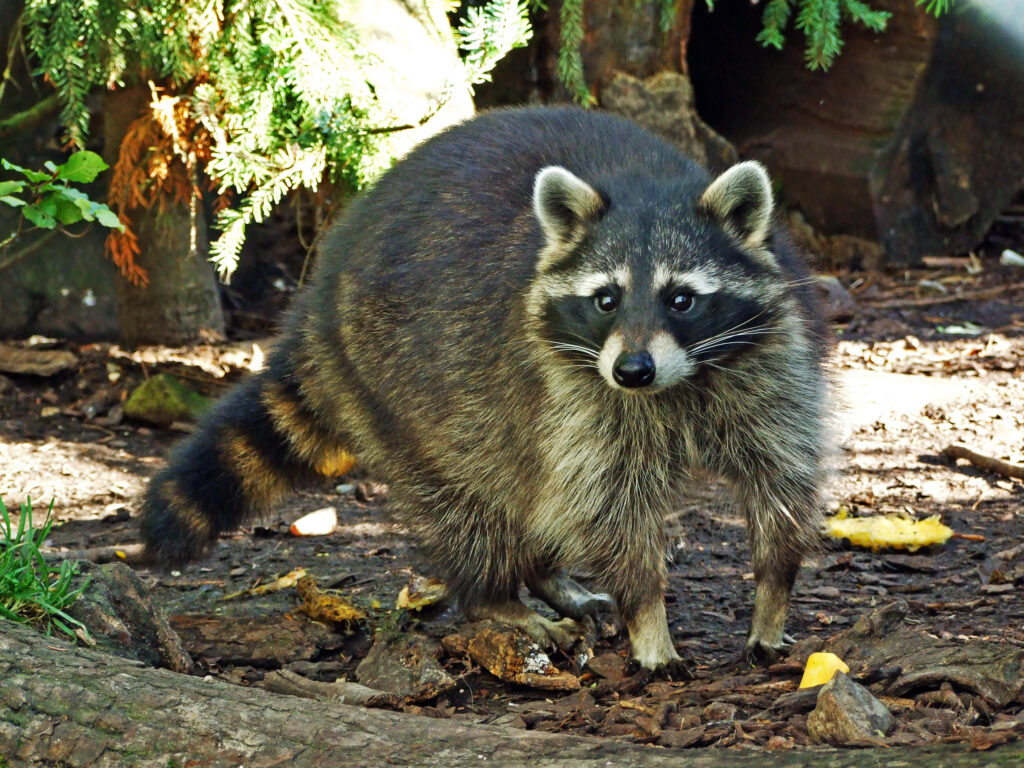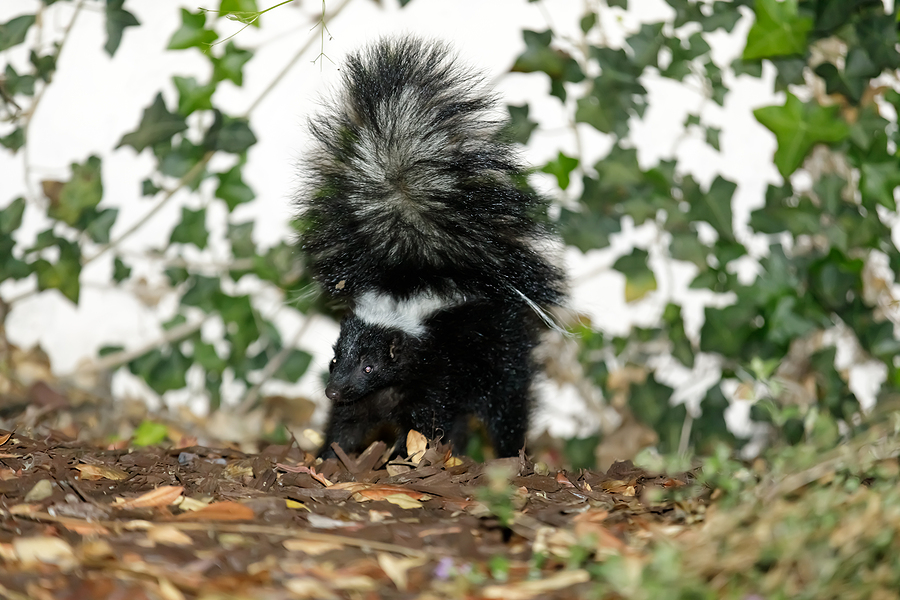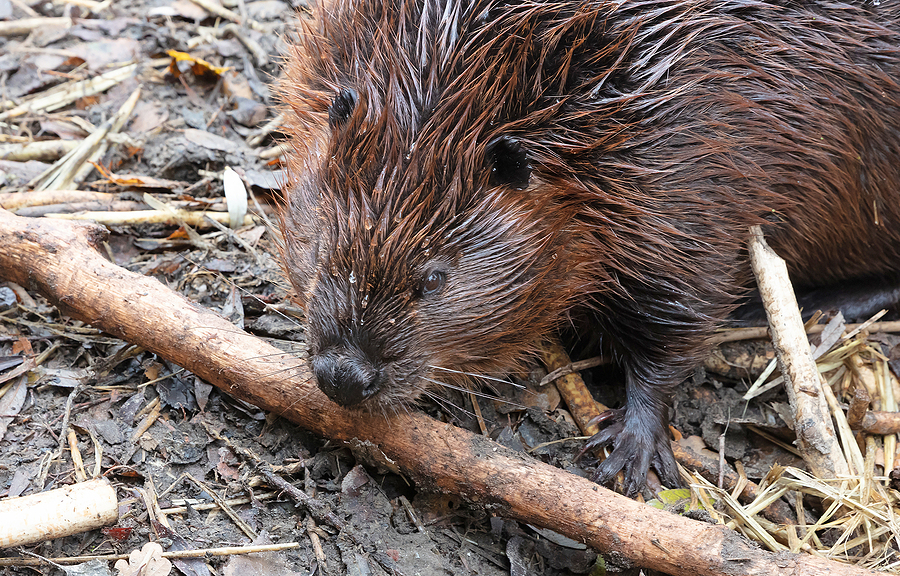Rabbits can be a real nuisance on your property, eating away at your garden and landscaping. If you’ve been dealing with pesky rabbits for too long, it might be time to implement a rabbit control strategy. Rabbit control strategies involve removing rabbits from the area, repelling them using materials or devices that they don’t like, and even trapping them in cages or nets. It’s important to use the safest methods when implementing these strategies so as not to harm any of the local wildlife.
In this blog post, we’ll discuss some of the steps you can take to safely implement a rabbit control strategy on your property.
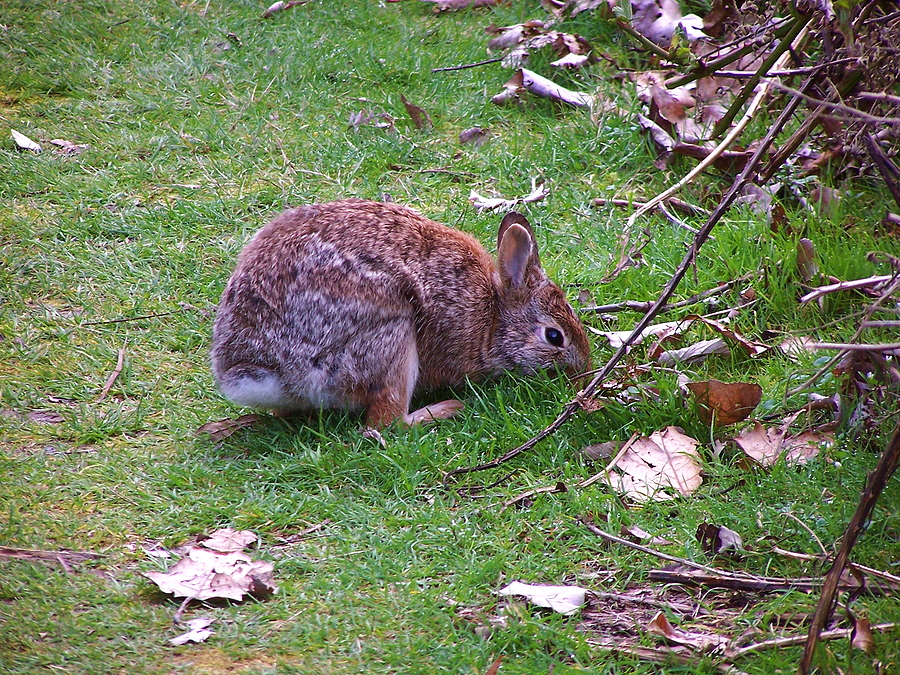
The Problem With Nuisance Rabbits
Nuisance rabbits can be a real issue for homeowners and gardeners alike. They can quickly destroy gardens and landscaping, leaving behind a trail of damage and frustration. While cute and furry, these little critters can cause headaches when they begin to dig holes, scratch up patio furniture and planters, chew on plants and shrubs, and leave their droppings all over your lawn.
A determination to get rid of rabbits is necessary, but it can be a challenging task. Many remedies are available on the market, ranging from trapping and removal to chemical repellents. Finding the right approach to rabbit control can be a frustrating process, but with a little research and patience, it is possible to keep those pesky critters at bay and protect your yard from further damage.
The Most Effective Rabbit Control Strategies
▶ Rabbit Identification
The first step is to identify the rabbits. You can do this by looking for physical signs such as holes in the ground, droppings, pillaged flowerbeds and gardens, and paw tracks. Once you have identified them, it’s important to note their size and color so that you can determine which rabbit abatement or exclusion method will be most effective.
▶ Rabbit Deterrents
Once you’ve identified the rabbits, it’s time to start your rabbit control strategy. If there are a few rabbits on your property, trapping or netting may be an option. However, if there are many rabbits present, a more comprehensive approach should be taken that includes repellents like soap shavings and predator-urine-based products. Animal repellent spray work best when used in combination with other approaches and should be reapplied every two weeks or as needed.
▶ Rabbit Removal and Exclusion
When it comes to removing rabbits from your property, you have a few options. You can use live traps that allow you to catch the rabbits and relocate them elsewhere, or you can hire a professional who will come out and humanely euthanize the rabbits. If you choose to go with the latter option, make sure that you’re working with an experienced wildlife removal and control professional who can safely remove the rabbits without harming any of the local wildlife.
Safety is the Most Important Aspect of Rabbit Control
No matter which method of rabbit control you choose, it’s important to remember that safety is key. With proper planning and implementation, your rabbit control strategy can be effective without causing harm to your local wildlife. By following these steps, you’ll be sure to rid your property of pesky rabbits in no time. Keep in mind that it is illegal in Indiana, and in most other states, to harm or kill wildlife like rabbits without a proper permit. Moreover, you should never attempt to touch, trap, harm, or kill a rabbit or any other animal.
For more information about rabbit control in Indiana, trust our wildlife removal professionals. Contact Modern Wildlife Control at 317-847-6409 for licensed and insured rabbit removal and control in Indianapolis, Indiana. Our critter control services are humane, effective, and available for both residential and commercial clients.
Related Posts:
How to Prevent Rabbits From Becoming a Nuisance
How to Protect Your Garden From Rabbits
How to Bait and Trap Rabbits

